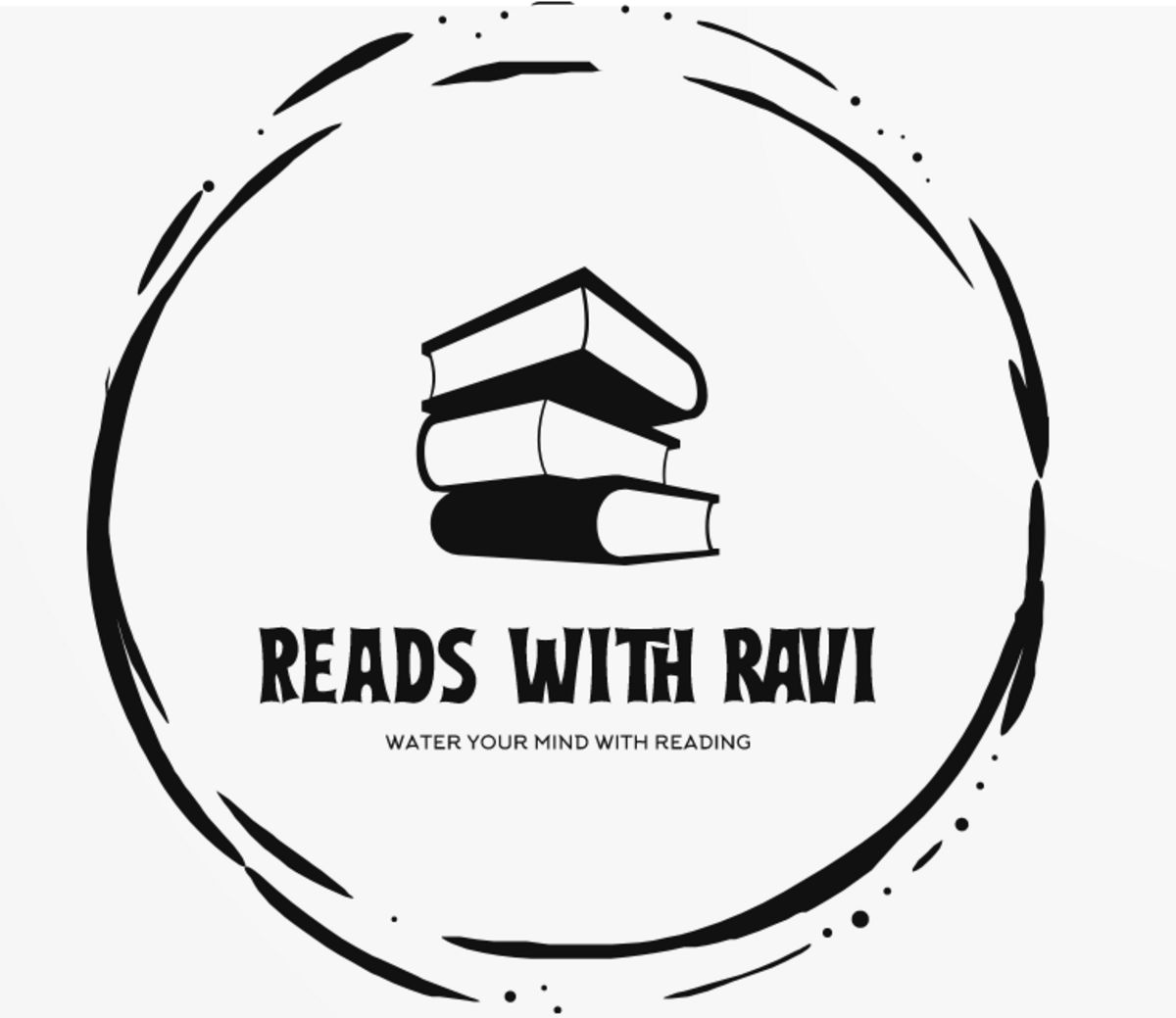Happy Thursday folks!
You’re reading “Learn, Unlearn and Relearn”, a weekly newsletter on reading and learning. It will be sent out every Thursday including lessons from my favorite books, inspiring passages, quotes, reading tips and more.
Let’s dive in.
Here are the two quotes, passage of the week and book of the week with two important lessons to ponder on:
Two Quotes:
“In oneself lies the whole world and if you know how to look and learn, the door is there and the key is in your hand.”
“The illiterate of the 21st century will not be those who cannot read and write, but those who cannot learn, unlearn, and relearn.”
Passage of the Week:
Life advice from writer and philosopher Robert Pirsig:

From Zen and the Art of Motorcycle Maintenance by Robert M Pirsig
Book of the Week with 2 Important Lessons:
The book of the week is The Great Mental Models, Volume 1: General Thinking Concepts by Shane Parrish and Rhiannon Beaubien.

Mental models describe the way the world works. They shape how we think, how we understand, and how we form beliefs. Largely subconscious, mental models operate below the surface. They are not an excuse to create a lengthy decision process. Rather, their aim is to help you move away from seeing things the way you think they should be and toward seeing them the way they are.
Here are two important mental models from the book:
1) Circle of Competence
The first rule of competition is, you are more likely to win if you play where you have an advantage. Doing so requires a firm understanding of what you know and what you don’t know. Your circle of competence is your personal sphere of expertise, the area where your knowledge and skills are concentrated. It’s the domain where you have a deep understanding, where your judgements are reliable, and your decisions are sound.
The size of your circle isn't as important as knowing the boundaries. The wise person is the one who knows the limits of their knowledge, who can say with confidence, "This fall within my circle," or "This is outside my area of expertise." Learning new things, gaining new skills, mastering new domains is one of the beautiful things about life. Celebrate your expertise but also acknowledge your limitations.
2) Inversion
A lot of advantage is gained simply by avoiding the standard paths to failure. Inversion is not the way we are taught to think. We are taught to identify what we want and explore things that will move us closer to our objective. However, by spending time identifying things that will ensure we don’t get what we want, we dramatically increase our odds of success.
Often, we get so fixated on solving a problem in a particular way that we miss simpler, more elegant solutions. Inversion forces us to consider the opposite side of the equation.
Instead of asking, "How do I solve this problem?" inversion asks, "What would guarantee failure?"
Instead of asking, “How can I achieve this goal?” inversion asks, “What is preventing me from achieving it?”
By inverting the question, we can gain insights that our normal thought patterns might miss.
Books – I am currently reading:
The Technological Republic: Hard Power, Soft Belief, and the Future of the West Hardcover by Alexander C. Karp and Nicholas W. Zamiska. A sweeping indictment of the West’s culture of complacency, arguing that timid leadership, intellectual fragility, and an unambitious view of technology’s potential in Silicon Valley have made the U.S. vulnerable in an era of mounting global threats.
What You're Made For: Powerful Life Lessons from My Career in Sports by George Raveling and Ryan Holiday. In this book, Coach Raveling imparts lessons learned from his grandmother, his long career in basketball, and his lifelong habit of reading—to which he credits all his success.
READING TIP: Schedule Time for Daily Reading
Make time for reading in your daily routine. Schedule reading into your day like you do for a meeting at whatever time works for you. Read during your mornings, at lunchtime, or before you head to bed.
I read mostly in my mornings as it sets up the tone for my day ahead.
Thanks for reading and all your support.
I am excited to keep bringing you the new and old books, great insights, and lessons. Until next week, stay curious and happy reading!
— Ravi Shah | @readswithravi

